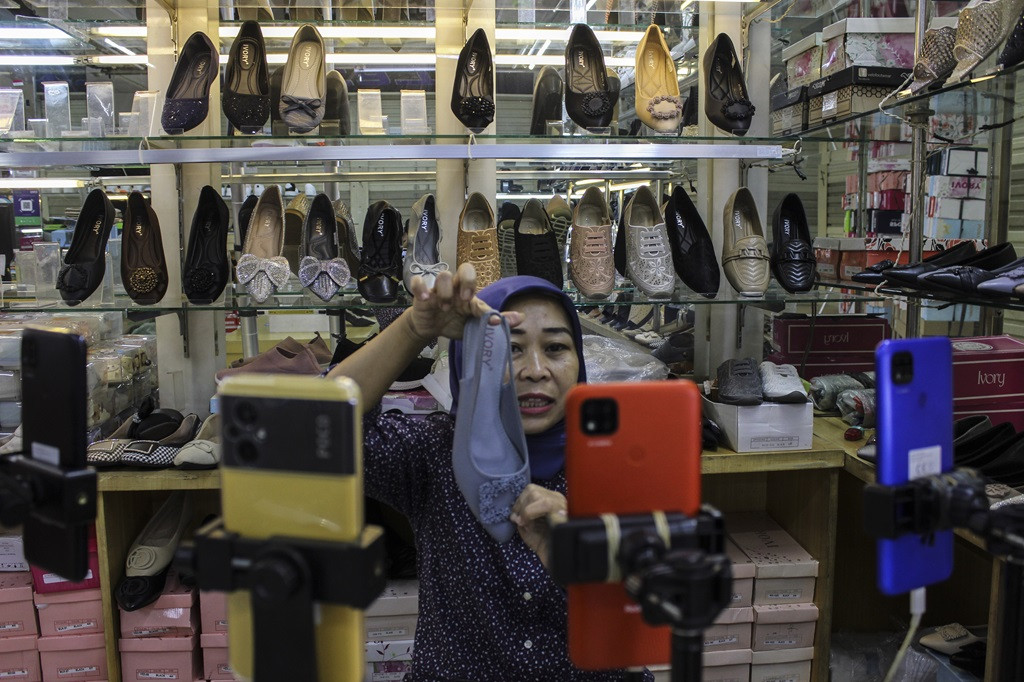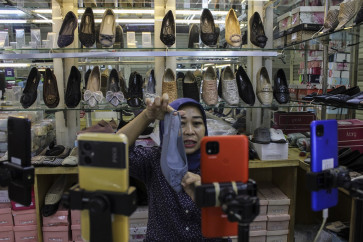Popular Reads
Top Results
Can't find what you're looking for?
View all search resultsPopular Reads
Top Results
Can't find what you're looking for?
View all search resultsTightening digital tax rules in sweeping VAT overhaul
More than a bureaucratic adjustment, this overhaul signals a strategic realignment of Indonesia’s economic policy in the digital age.
Change text size
Gift Premium Articles
to Anyone
I
n a decisive step to capture revenue from its booming digital economy, Indonesia has introduced sweeping updates to its Value-Added Tax (VAT) framework for foreign e-commerce players. The reforms issued under Taxation Director Regulation PER-12/PJ/2025, tighten compliance requirements, close long-standing loopholes and align the nation’s tax regime with global best practices.
More than a bureaucratic adjustment, this overhaul signals a strategic realignment of Indonesia’s economic policy in the digital age. It addresses three core challenges.
First is creating fair competition. For years, multinational platforms operated in a regulatory grey zone while local warungs and SMEs meticulously complied with tax obligations. By mandating VAT collection from foreign digital giants, the government is leveling the playing field giving Indonesian businesses, from batik artisans to SaaS startups, a fair chance in their own market.
Second is future-proofing state revenue. With e-commerce growing at 34 percent annually, traditional tax systems struggle to capture value from borderless transactions. These new rules ensure Indonesia benefits from a digital economy projected to contribute US$130 billion to GDP by 2025, rather than watching profits flow offshore.
Third is building digital sovereignty. As AI, blockchain and the metaverse reshape global commerce, Indonesia aims to be a rule-maker, not a rule-taker. Requiring foreign platforms to establish a tax presence creates accountability and strengthens national oversight in a rapidly evolving Web3 economy.
In the past two years, Indonesia has undergone a significant transformation in its digital taxation system, reflecting a broader global shift towards regulating the digital economy. Around the world, countries are grappling with how to fairly tax cross-border digital transactions, as consumers increasingly purchase goods and services online from foreign providers.
Indonesia’s implementation of VAT on transactions through Electronic Systems (PMSE) aligns with international efforts such as the OECD’s Base Erosion and Profit Shifting (BEPS) initiative and the global push for digital tax reforms.



















